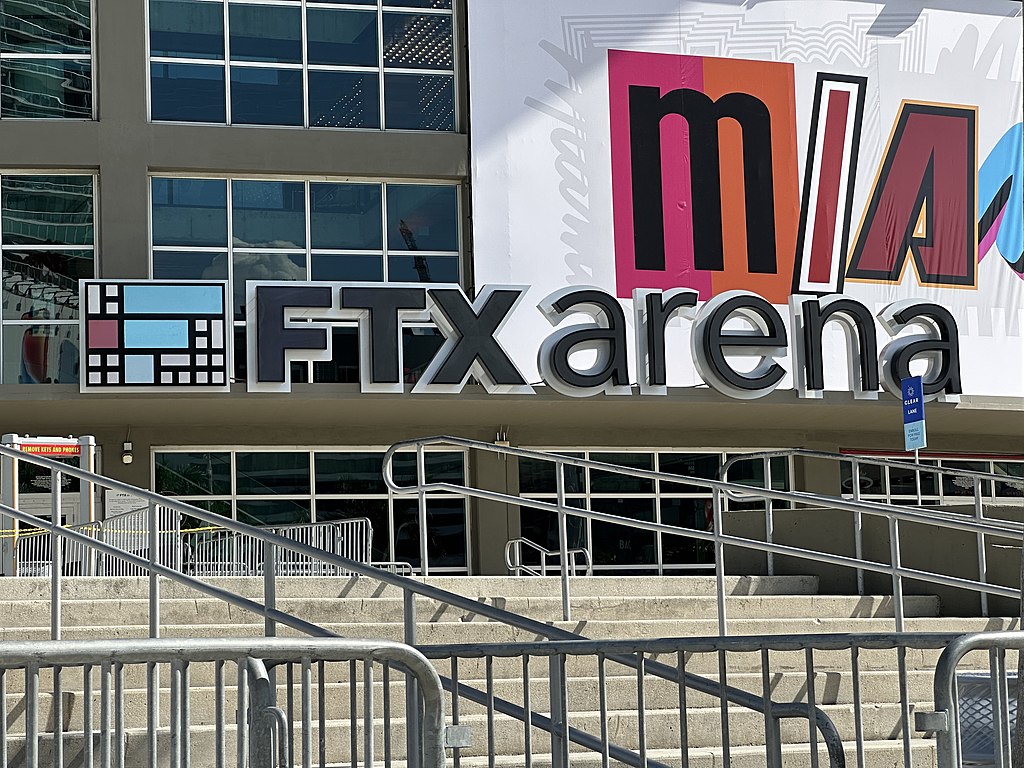In an unprecedented financial maneuver, a lender of the financially distressed cryptocurrency exchange FTX has utilized a tokenized claim as collateral to secure a loan. The groundbreaking transaction, facilitated by DeFi protocol Arcade, marks a significant milestone in the convergence of decentralized finance and real-world assets.
The lender offered a nonfungible token (NFT) representing their tokenized $31,307 claim against the insolvent FTX as collateral. On June 23rd, they obtained a $7,500 loan against this NFT, with a short repayment schedule of five days. In the event of default, the lender would gain ownership of the rights to the claim.
This pioneering operation epitomizes the evolving landscape of real-world asset (RWA) tokenization. By linking physical assets to digital tokens, this innovative process has become a highly sought-after domain within DeFi, enabling virtually any asset - from shares and government bonds to real estate and commodities - to be tokenized.
Following due diligence, Found, the bankruptcy claims platform that facilitated the transaction, confirmed that both the lender and debtor underwent biometric Know Your Customer (KYC) and Anti-Money Laundering (AML) screenings. Found's model allows users to use bankruptcy claims as collateral for loans, charging a 10% transaction fee on successful operations.
FTX's descent into bankruptcy in November 2022 entangled billions of users' funds in legal proceedings. Estimates suggest that FTX claim holders may recover between 35% and 66% of their initial investment.
The rise in crypto-related bankruptcies has inundated courts over the past year, primarily driven by FTX's collapse and similar cases involving Genesis Global Trading and BlockFi. To address this surge, on-chain claims solutions are emerging, with platforms like Found and Open Exchange, established by former Three Arrows Capital executives, leading the way.
























Comment 0